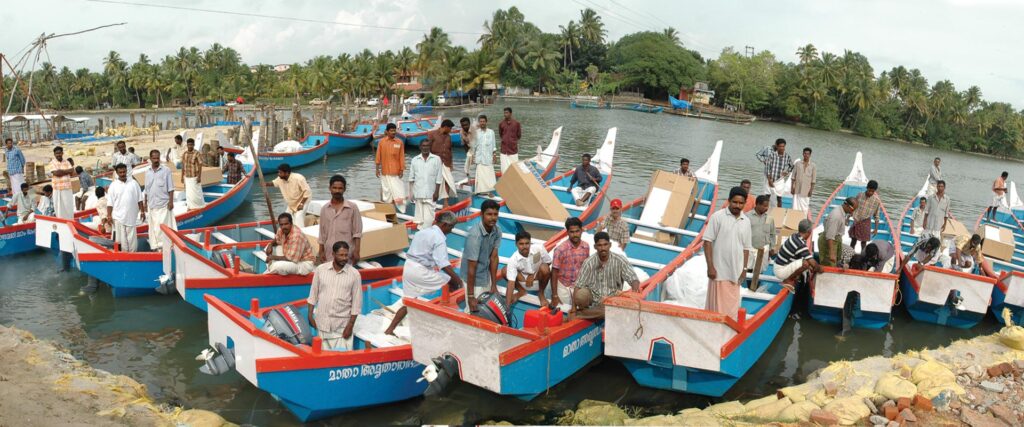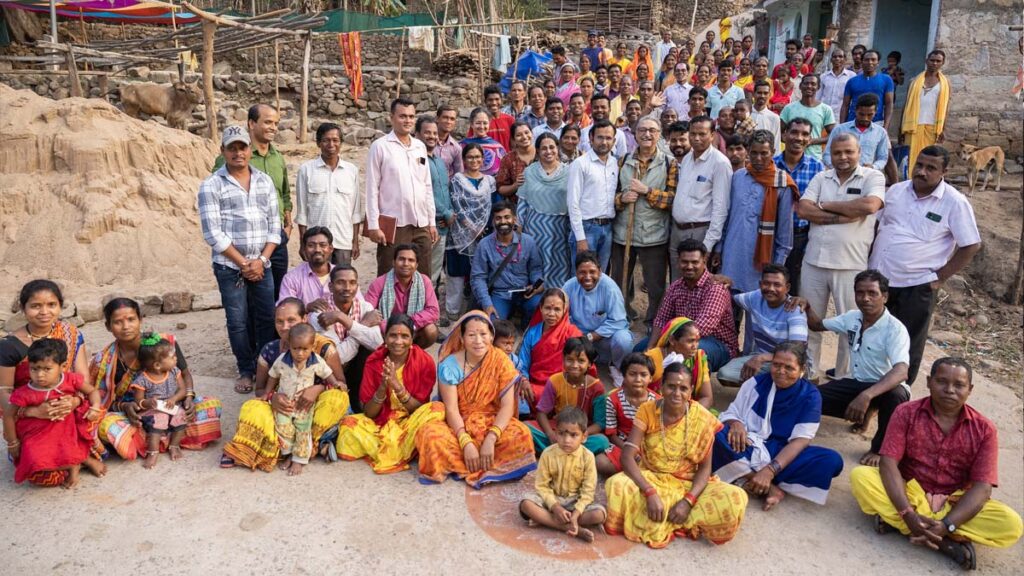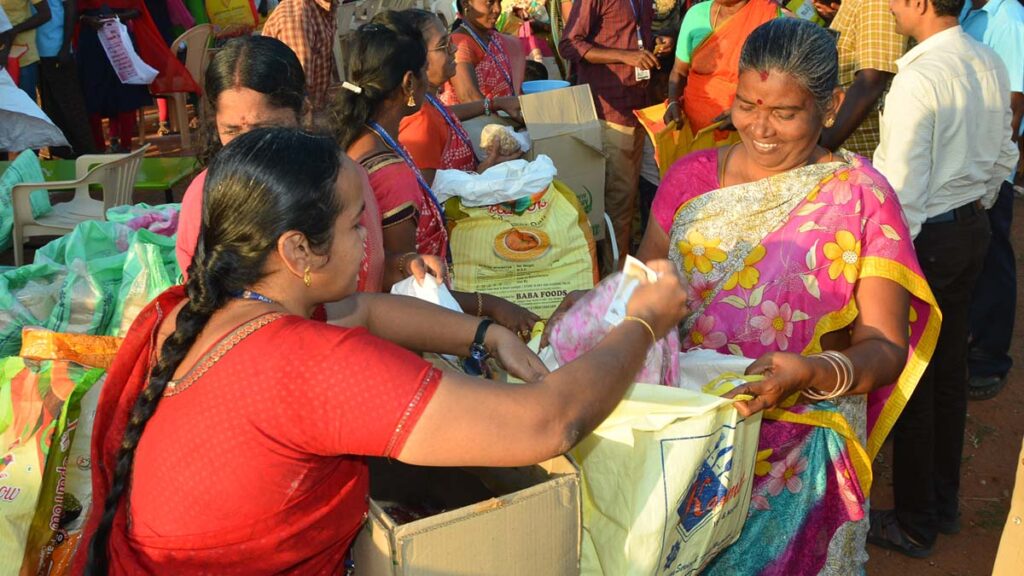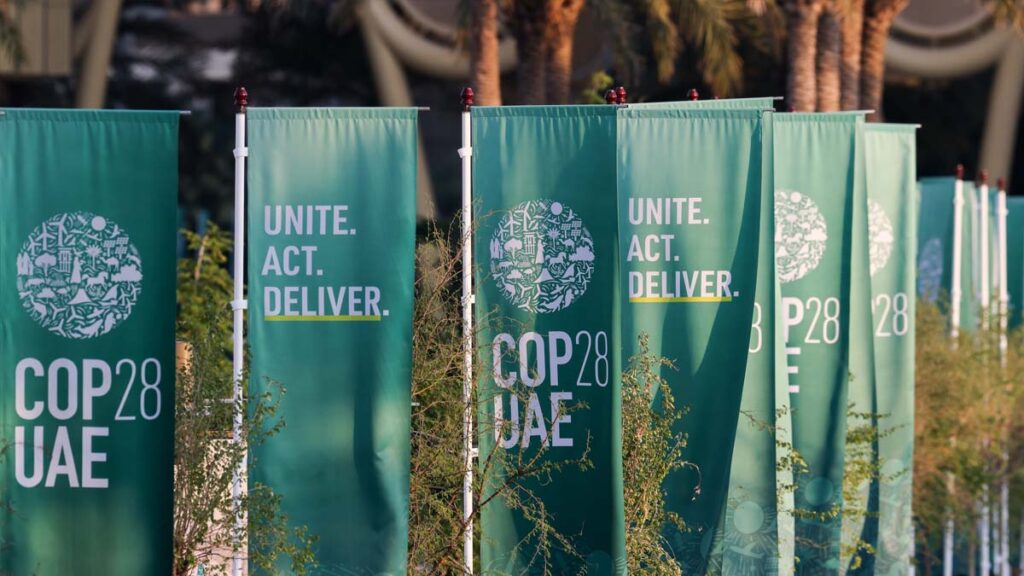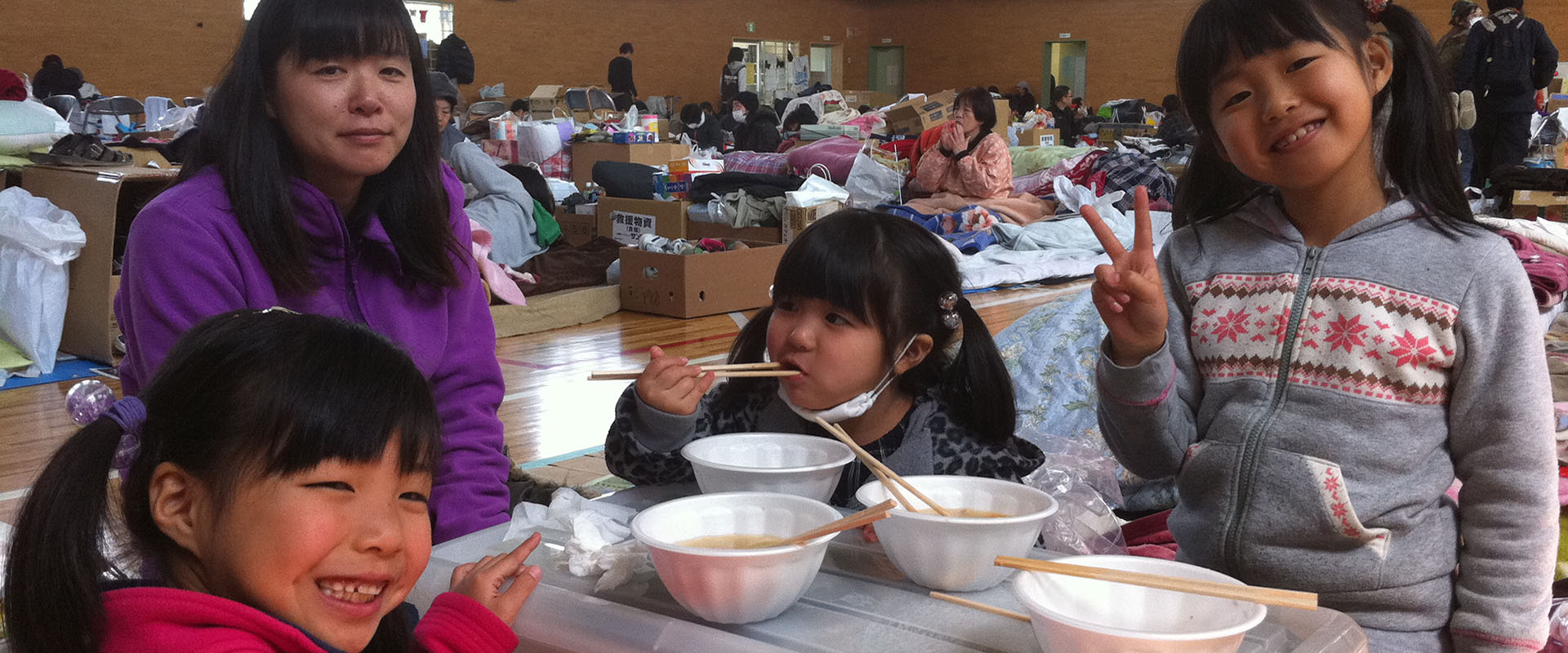
Disaster Relief
With a dual focus on rapid response and extensive long-term rehabilitation, Amma is committed to a holistic approach to disaster relief, supporting survivors long after the spotlight has faded away. Our provision of long-term aid has carried thousands through the darkest periods of their lives into the light of a hopeful future.
“Nature, human beings, everything is disturbed both inside and outside. It is as if Nature is surrounded by people holding her at gunpoint. Let us all pray that everyone may live in peace and there be no more tragedies.”
- Amma
Why it Matters
Our Work
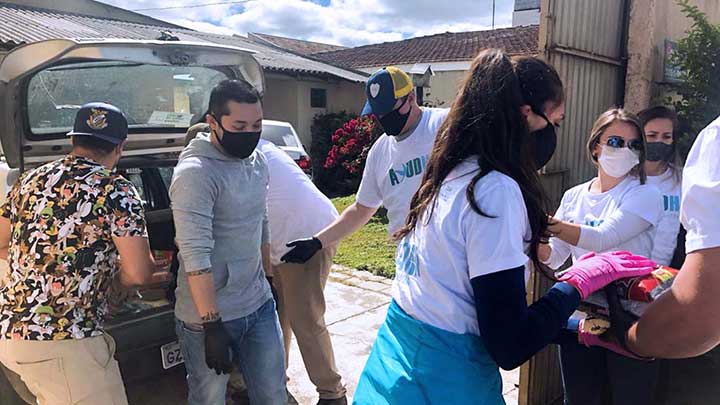
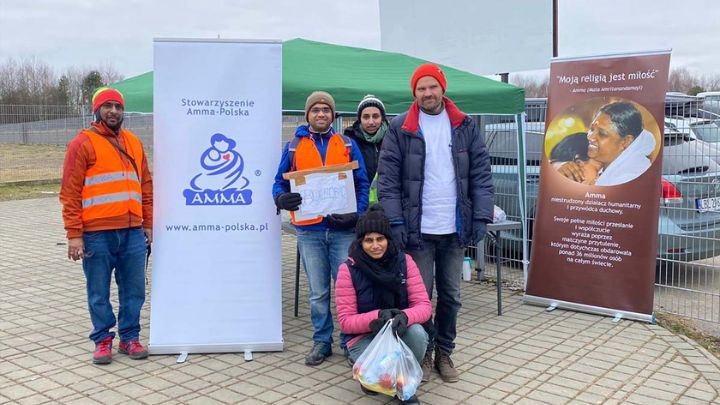
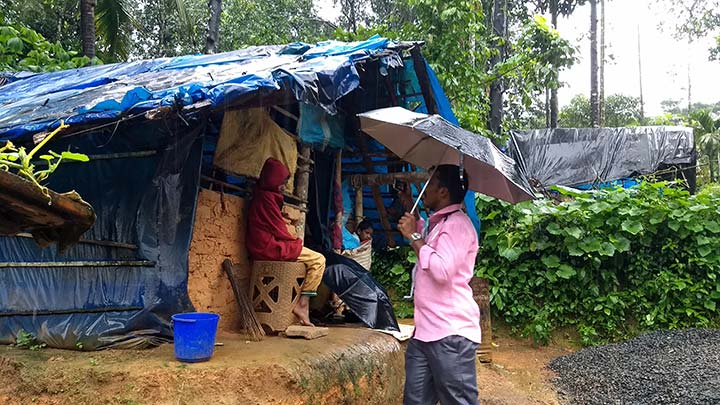
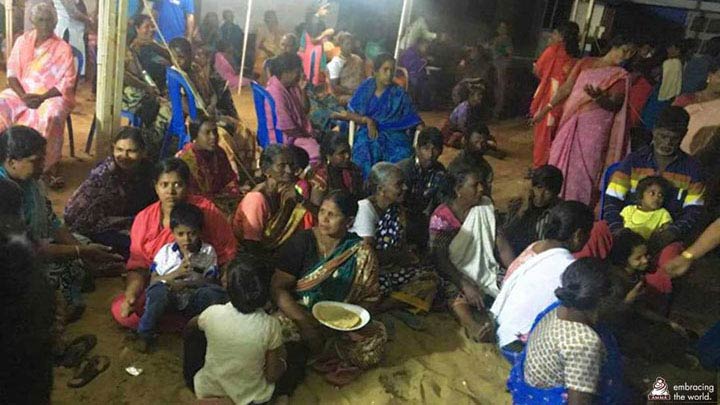
Our Impact
Our Voices
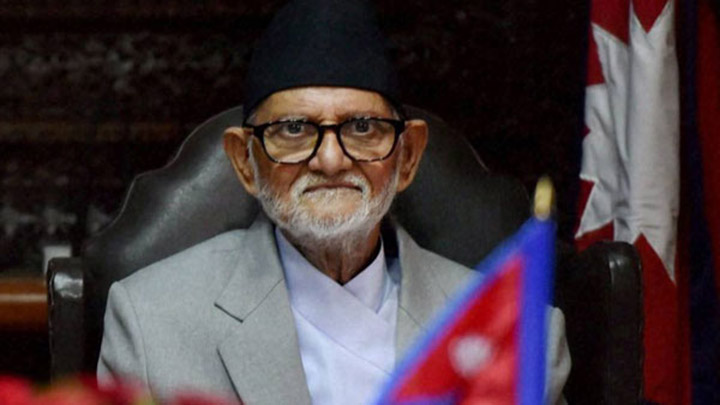
Sushil Koirala
Former Prime Minister of Nepal
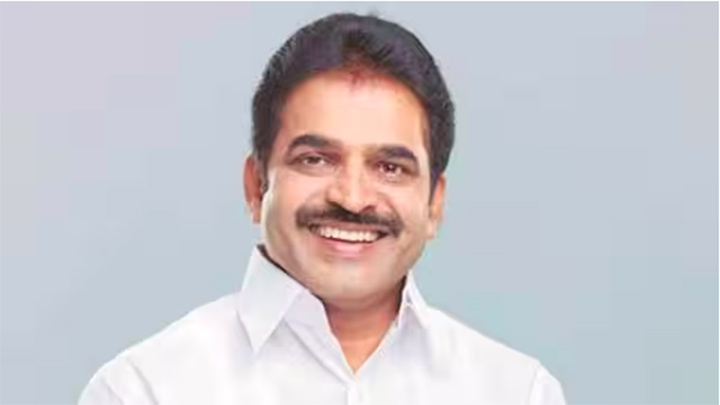
K.C. Venugopal
Former State Tourism Minister, India
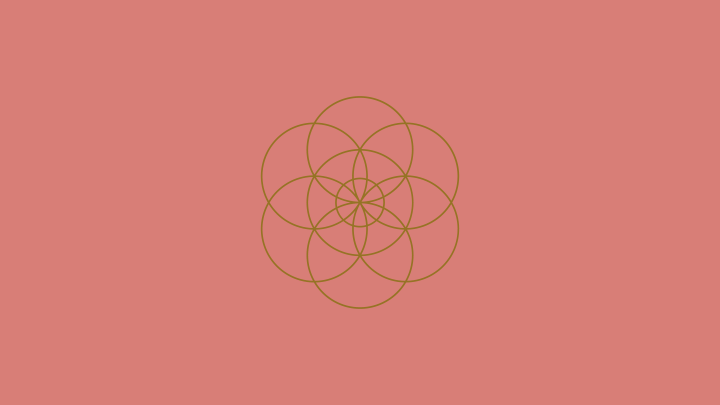
Haiti earthquake victim
Related News
Get Involved
Volunteer
Donate
Partner with us
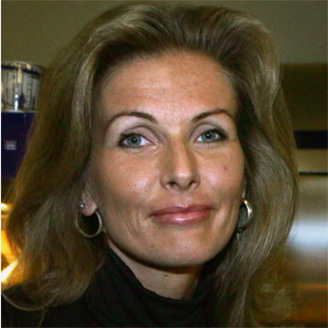
Humankind needs every possible voice for peace, mutual understanding and unselfish work. A good example of this is Amma's wide-ranging work for the poor, the sick, and those who have suffered in natural disasters.
- Tanja Saarela


